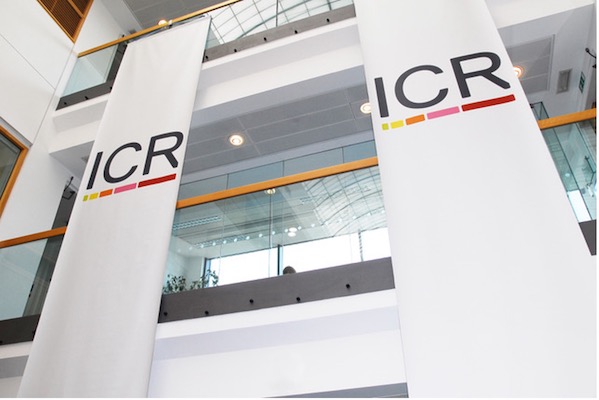kICR researchers develop new test to help identify future cancer treatments
September 22, 2023
Source: drugdu
 407
407

Researchers from the Institute of Cancer Research’s (ICR) Centre for Cancer Drug Discovery have developed a new test, RKD2, which makes the early stages of drug discovery for cancer more efficient.
Funded by Cancer Research UK, the researchers created an investigative procedure that can help scientists identify new biologically active compounds to be used to develop effective medications.
Fragment-based drug discovery uses various techniques to screen libraries of compounds, or fragments, with a low molecular weight. During the initial stage, scientists introduce a potential anti-cancer target and see which fragments interact with it.
Previously, researchers could only determine that ‘yes, an interaction occurred’ or ‘no, there was no interaction’. However, it was difficult to apply this to weak interactions, and the team could not rule out nonspecific interactions.
The new RKD2 test allows researchers to quantify interactions by determining their strength, identifying those that are truly active and worth following up on.
The team selected a known complex target protein to test using a drug discovery approach called ligand-observed nuclear magnetic resonance (LONMR), which works similarly to MRI scanners.
They found the transverse relaxation rate (R2) of the fragments, which signifies the speed at which they tumble in the solution. As large molecules tumbled more slowly than small ones, an increase in a fragment's R2 value showed it had interacted with the target protein.
They later applied a new mathematical formulation to find a binding affinity value (Kd) for each fragment. The Kd values were compared to reveal the strongest interactions.
The new test allows scientists to only select the compounds with the most potential to avoid wasting time and resources on those that would prove ineffective.
Currently, it is only possible to screen 1,000 to 2,000 fragments in one go. The RKD2 test will allow researchers to explore a wider range of fragments.
Professor Swen Hoelder, head of chemistry in the ICR’s Centre for Cancer Drug Discovery, said: "Our work has made a significant contribution to refining the process and maximising its efficiency. We are using the R2KD method for several of our drug discovery programmes, and we believe it will make NMR-based fragment drug discovery more accessible to research teams in academia and industry."
https://www.pmlive.com/pharma_news/icr_researchers_develop_new_test_to_help_identify_future_cancer_treatments_1500656
Read more on
- The first subject has been dosed in the Phase I clinical trial of Yuandong Bio’s EP-0210 monoclonal antibody injection. February 10, 2026
- Clinical trial of recombinant herpes zoster ZFA01 adjuvant vaccine (CHO cells) approved February 10, 2026
- Heyu Pharmaceuticals’ FGFR4 inhibitor ipagoglottinib has received Fast Track designation from the FDA for the treatment of advanced HCC patients with FGF19 overexpression who have been treated with ICIs and mTKIs. February 10, 2026
- Sanofi’s “Rilzabrutinib” has been recognized as a Breakthrough Therapy in the United States and an Orphan Drug in Japan, and has applied for marketing approval in China. February 10, 2026
- Domestically developed blockbuster ADC approved for new indication February 10, 2026
your submission has already been received.
OK
Subscribe
Please enter a valid Email address!
Submit
The most relevant industry news & insight will be sent to you every two weeks.



